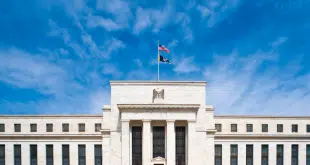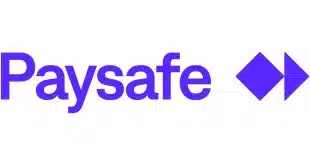The final rule from the U.S. Treasury Department mandating electronic payment of Social Security and other benefits, which was announced on Tuesday, is likely to greatly expand a federal prepaid card program that has already racked up impressive results. It could also lead Treasury to look for more features and functions to add to the card program, known as Direct Express, some observers say.
In just two years, Direct Express has signed up 1.5 million cardholders, making it one of the most successful prepaid card programs in the country, says Tim Sloane, director of the prepaid advisory service at Mercator Advisory Group Inc., Maynard, Mass. By comparison, prepaid card program manager NetSpend Corp. had 2.1 million active cards as of March 31, according to its July 15 registration statement with the Securities and Exchange Commission. A major prepaid card player, NetSpend went public in October. “That’s an awesome portfolio,” says Sloane of the Direct Express program. “Those are huge numbers in a very short period of time.”
Indeed, the success of Direct Express took Sloane, who follows prepaid cards for Mercator, by surprise. “They beat my projections,” he tells Digital Transactions News. “I was floored. They announced the program and rolled out the program exactly the way they said they would.”
Making the program even more impressive, says Sloane, is that cardholders have their Social Security benefits deposited directly onto their cards, which are issued by Dallas-based Comerica Bank and carry the MasterCard brand. Social Security and Supplemental Security Income payments account for about 92% of the benefits covered by Treasury’s new rule. With benefits averaging $838 per month, that makes for a substantial recurring load for the card program. By contrast, NetSpend, which has successfully promoted direct deposit, reported in its registration statement that some 29.4% of its active card accounts were considered direct-deposit accounts as of March 31. “If I had to choose between all of NetSpend’s cards and Social Security [cards] with direct deposit, I’ll take Social Security,” says Sloane.
The electronic-payment mandate, which eliminates paper checks for Social Security as well as certain other federal benefit payments, takes effect in 60 days and is widely seen as likely to boost Direct Express’s volumes substantially. Under the new rule, the 11 million benefit recipients who are receiving checks have until March 1, 2013 to choose between the card program and having funds electronically deposited into a bank account. New recipients will have to make that choice by May 1 next year. “Clearly, that's going to signficantly increase the number of prepaid cards issued by Treasury,” says Sloane.
Some 4 million of the 11 million check recipients are considered unbanked and are thought to be prime candidates for the card. Treasury officials also expect some recipients who have bank accounts will also opt for the card, though they have not made any estimates of how many this might come to. Numbers like that are likely to bolster Treasury’s bargaining position when it comes time to renegotiate the Direct Express card agreement, Sloane points out. “Prepaid is about volume,” he says. “They have the volume and as a result they are in a great negotiating position.” The 2008 Direct Express contract with Comerica runs for five years.
With an expected runup in cards and load volume, Treasury already is likely investigating additional features, such as electronic bill pay, that could be part of the negotiations when the time comes, Sloane says. The move would align with a general tendency among federal agencies to make more financial services available to low- and moderate-income groups, he says. Direct Expess cardholders are allowed one free ATM withdrawal per deposit. Each additional withdrawal carries a 90-cent fee, but there are no activation or load fees. A Treasury spokesperson could not be reached for comment. A Comerica spokesperson did not respond to an inquiry from Digital Transactions.
Benefits covered by the new rule include Social Security, Supplemental Security Income, Veterans Affairs, Railroad Retirement Board, Office of Personnel Management benefits and other non-tax payments. The final rule comes after the Treasury Department in April first proposed its plan to eliminate checks. It issued a proposed rule in June and took comments through Aug. 16. In a release issued Tuesday, Treasury said it expects the change to save $120 million annually in costs associated with sending paper checks. It also says the move will result in $1 billion in savings for Social Security over the next 10 years.







